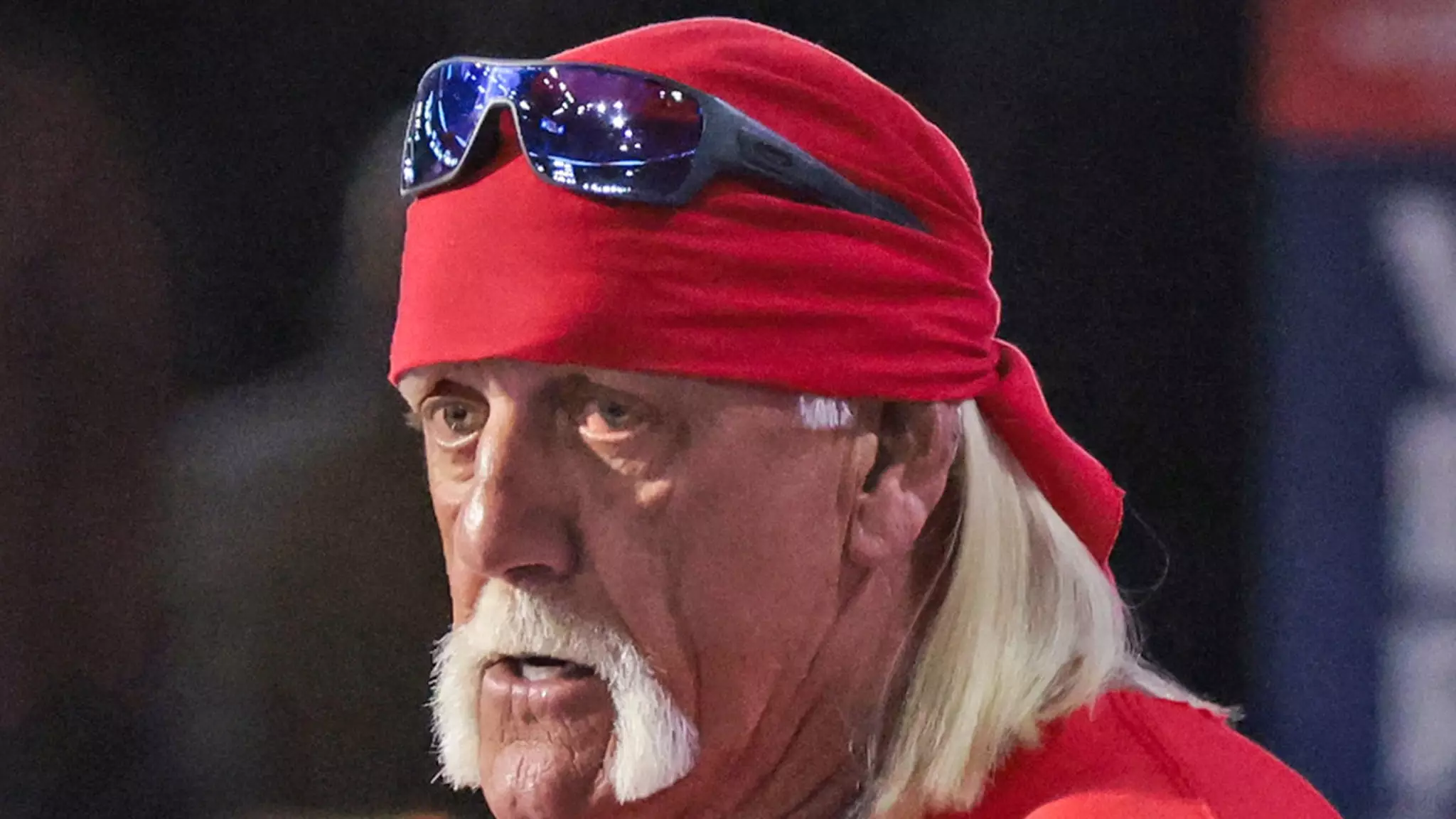The recent passing of Hulk Hogan at 71 marks the end of an era that profoundly shaped both professional wrestling and pop culture at large. To many, Hogan was more than just a wrestler; he was an embodiment of larger-than-life charisma, a symbol of entertainment’s power to unite generations. His death, confirmed with somber finality after a reported cardiac arrest, feels like the closing chapter of an unstoppable saga. Yet, beneath this finality lies a complex legacy—riveting, inspiring, controversial, and ultimately influential. While the world mourns the loss, it’s essential to critically analyze his journey, not just as a performer, but as a cultural phenomenon with deep and sometimes conflicted roots.
From Cult Hero to Cultural Icon: Hogan’s Ascension and Revolutions in Wrestling
Hulk Hogan’s rise paralleled the explosion of professional wrestling from a niche entertainment into a mainstream spectacle. Before Hogan, wrestling was largely confined to regional circuits or niche audiences. Hogan, with his towering presence and magnetic persona, transformed it into a family-friendly, televised phenomenon. His signature catchphrase “Hulkamania” ignited a nationwide craze, captivating children and adults alike. His victory over the Iron Sheik in 1984 not only marked his wrestling peak but also set a blueprint for sports entertainment—mixing athletic skills with theatrical storytelling. Hogan’s manipulation of spectacle and narrative created an immersive universe where fans were encouraged to believe in the hero.
However, to simply view Hogan’s legacy through the lens of entertainment would be a disservice. His impact extended beyond the squared circle into the realm of celebrity culture. Hogan’s persona became a template for the archetype of the charismatic hero—blonde, muscular, and undeniably commanding. Yet, this image was also a manufactured construct, a carefully curated persona that both defined and constrained him. His transformation into Hollywood Hulk Hogan by the late 1990s, embracing a villainous role with the New World Order faction, showcased his versatility but also revealed how wrestling’s theatricality can blur the line of reality for performers. Hogan’s ability to reinvent himself—switching from a hero to a villain—highlighted a key strength in his career, but also underscored the malleability of his public image.
A Legacy Intertwined with Triumph and Controversy
Hogan’s achievements are undeniable—induction into the WWE Hall of Fame, legendary matches, and a global influence that’s still evident today. Yet, lurking beneath the surface are darker chapters that cannot be ignored. The scandal of racist comments recorded secretly during a personal moment in 2015 tarnished his reputation, leading WWE to remove him temporarily from their Hall of Fame. His subsequent legal triumphs, including winning a lawsuit against Gawker for invading his privacy, reveal a complex figure who grappled with issues of fame, privacy, and accountability.
His career was also marred by countless surgeries and injuries, illustrating the toll that decades of physical punishment exact on his body. Hogan has spoken openly about losing body parts due to wrestling’s brutal demands—a testament to both his dedication and the cost of his profession. These sacrifices, combined with his later political engagements—most notably his role at the 2024 Republican National Convention—reflect a man whose life cannot be easily distilled into a single narrative. Hogan’s influence is as much about his ability to reinvent himself and navigate controversy as it is about his success in the ring.
The Cultural Impact and the Myth of the American Dream
Hogan’s story embodies the American Dream—rags to riches, relentless determination, and the unapologetic pursuit of fame. His Hollywood career, spanning movies like “Rocky III” and “No Holds Barred,” underscored his crossover appeal. The reality show “Hogan Knows Best” humanized a larger-than-life character, making him accessible and relatable to millions of fans. Moreover, his role in shaping the WWE’s global expansion cannot be overstated: he was a catalyst for turning wrestling into a worldwide entertainment industry.
Yet, as with many icons, the myth overlays the reality. Hogan’s persona was built on carefully crafted façades that often masked personal struggles, controversies, and the physical toll his career exacted. His ongoing surgeries and health issues paint a picture of a man who pushed his body beyond natural limits—highlighting both his resilience and the perilous nature of stunt-based entertainment. His recent efforts, including launching an amateur wrestling league on Fox Nation, demonstrate a desire to continue contributing, perhaps seeking redemption or legacy reinforcement in his final chapter.
The Double-Edged Sword of Fame
Hulk Hogan’s legacy exemplifies the intoxicating allure of fame—capable of elevating a man to heights of unparalleled success, yet simultaneously exposing him to intense scrutiny and personal peril. His story is emblematic of how pop culture can elevate ordinary individuals into mythic figures, often blurring the line between reality and performance. In acknowledging this, it’s crucial to question whether the hero and villain roles we admired were genuine or carefully crafted masks.
Ultimately, Hulk Hogan’s life serves as a reflection of our society’s obsession with spectacle, redemption, and the pursuit of fame. His contributions to wrestling and entertainment are undeniable, but they come intertwined with complexities that challenge storytellers and fans alike. As we remember him, perhaps the most enduring lesson is that beneath every hero’s legend lies a human being—flawed, resilient, and eternally memorable.

